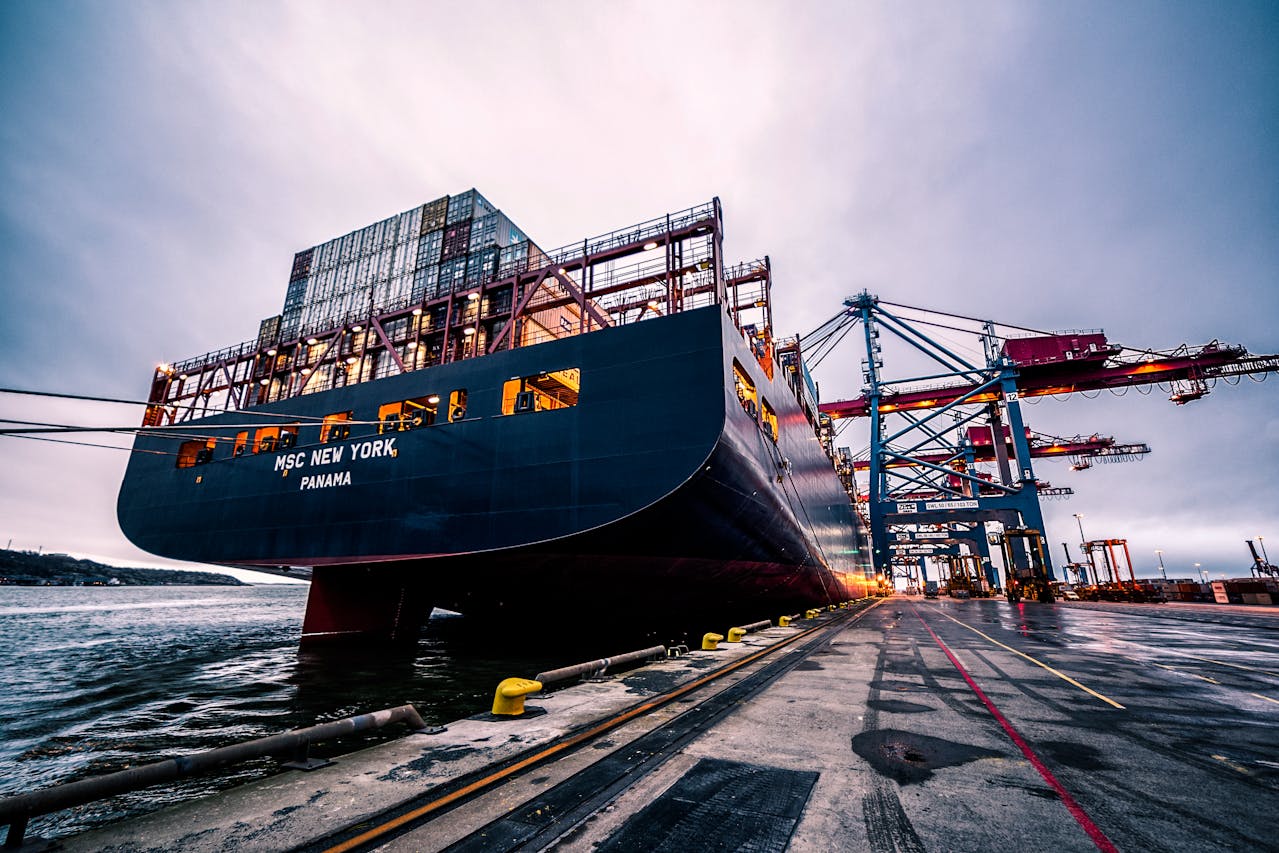Comments
- No comments found

Ship management has long been an imperative part of the maritime industry across the globe.
It is essential for ensuring operational efficiency as well as safety and compliance across all types of vessels. However, vessel manager jobs are continuing to change and evolve due to the technological revolutions and evolving regulatory landscapes that are coming into play all over the world. In this article, we’ll be breaking down what shipmanagement looks like today and what the future holds for the industry.
Ship management in the current day is varied as it comprises a number of independent management companies and third parties. This depends on the vessel type and the owners of the vessels as well as decision-makers throughout the global trade supply chain. These ship managers are responsible for a wide range of tasks across ship operations, including technical management, crewing, safety compliance, and even financial administration.
Historically, ship managers that were independent of the vessel owners were a cost-efficient solution to high operational costs, particularly during economic downturns. But with several large mergers and acquisitions, such as through the likes of V.Group, Anglo-Eastern, and Bernhard Schulte Shipmanagement, more procurement influence is being leveraged, and shipmanagement positions are being streamlined.
Despite this, ship managers continue to strive towards quality over quantity with all of their vessels.
The global maritime industry is at an age of technological revolution, as well as significant compliance and regulatory changes underpinning the decisions that ship managers and other stakeholders have to make. There are a number of key trends that are set to come further into play throughout the next decade.
The first is digitalisation and automation. Many companies are starting to embrace more complex digital technologies such as IoT and even blockchain for different areas of their day-to-day operations. From logistics tracking to real-time monitoring, this enhanced digialisation has the potential to significantly improve operation efficiency and even help to reduce environmental impact. In addition, the rise in automation could lead to the rise of remote-controlled and autonomous ships, which could see crewing and ship operations completely revolutionised (despite concerns about cybersecurity and regulatory compliance).
Secondly, we have sustainability and environmental compliance. The International Maritime Organization (IMO) set very ambitious targets for the entire industry to meet when it comes to reducing their greenhouse gas emissions. That means that ship managers will be playing a crucial role in helping to quickly and safely implement eco-friendly technologies and practices.
Finally, one of the biggest challenges that the shipping industry has always faced is recruiting and retaining skilled seafarers. The industry’s future, and particularly that of ship managers, will require even more of a focus on talent management and retention. This will include looking at new opportunities for career progression as well as better welfare onboard.
As you can see, the role of the ship manager is evolving rapidly. With the introduction of these new technologies and regulations, we should see more prominence being placed on the decisions that ship managers are making, and their importance overall to the ship’s day to day runnings will be even more vast.
Leave your comments
Post comment as a guest